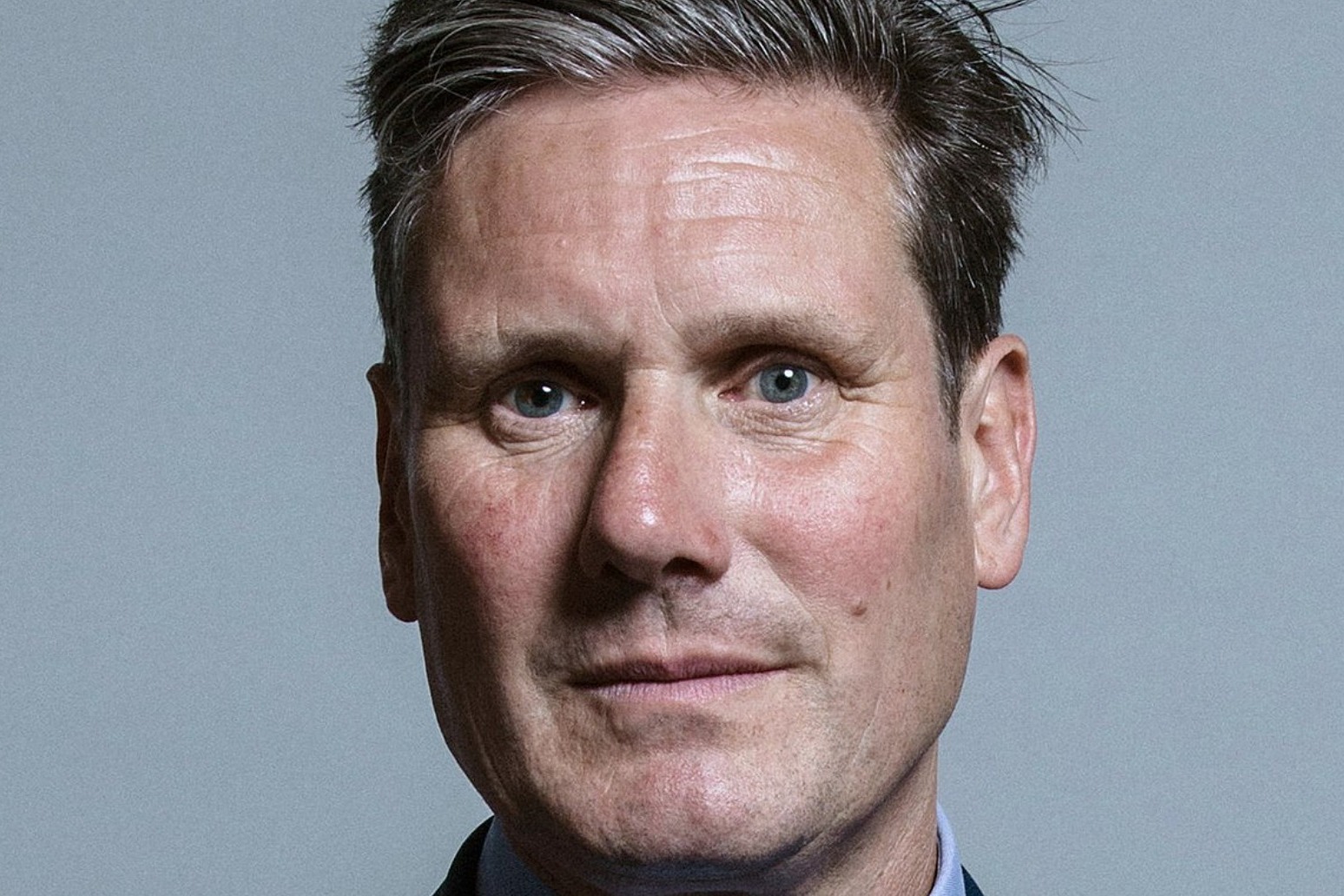
Keir Starmer rules out nationalising Big Six energy firms.
Sir Keir Starmer has ruled out nationalising the UK’s largest energy firms, apparently watering down a leadership campaign pledge in a major departure from Labour under Jeremy Corbyn.
Sir Keir Starmer has ruled out nationalising the UK’s largest energy firms, apparently watering down a leadership campaign pledge in a major departure from Labour under Jeremy Corbyn.
As a crisis of spiralling bills looms, the current party leader said he would take a “pragmatic” approach to “common ownership” if he became prime minister.
In an interview during the Labour Party conference in Brighton, Sir Keir also did not rule out raising income tax if he formed a government as he set out his principles for fairer taxation.
And he detailed plans to end the charitable status of England’s private schools to raise £1.7 billion and plough funding into state schools.
Sir Keir has set the party on a course back towards centre ground after succeeding Mr Corbyn following the disastrous general election defeat to Boris Johnson.
A key ambition under his predecessor was a massive programme of renationalisation, but Sir Keir has rejected this despite a pledge when he ran for the leadership last year.
Asked if he would nationalise the Big Six energy companies, Sir Keir told The Andrew Marr Show on BBC One: “No.”
He was shown one of his 10 campaign pledges stating that “public services should be in public hands” and that he would “support common ownership of rail, mail, energy and water”.
“I don’t see nationalisation there,” Sir Keir told Marr. “When it comes to common ownership I’m pragmatic about this. I do not agree with the argument that says we must be ideological.”
But he did not say what form common ownership would take if it was not nationalisation, and neither did his aides.
“I’d be pragmatic about it, and where common ownership is value for money for the taxpayer and delivers better services, then there should be common ownership,” Sir Keir added, giving the example of track and trace.
Sir Keir is likely to come under pressure from some unions not to backtrack on the vision for nationalisation.
A motion from Unite and the Communication Workers Union planned ahead of his comments urged him not to make “timid tweaks” and said there is a clear case for “extending public ownership” post-Covid.
Former shadow Cabinet minister Richard Burgon, secretary of the left-wing Socialist Campaign Group of MPs, said: “I actually think that Keir’s 10 pledges, the 10 pledges that he made to the party membership which helped him become leader – they could bring together much of the party, but even more importantly they could unite the country, even more importantly they could be supported by the majority of people in the country.
“But it’s not a good look to fail to honour your pledges.”
Earlier this month, shadow shadow business secretary Ed Miliband forcefully insisted Labour still supported a policy of common ownership.
“I can tell you we are in favour of common ownership, absolutely,” he told BBC Newsnight.
“Keir Starmer said in his leadership campaign he was in favour of public ownership in those areas, we haven’t changed that commitment.”
Having criticised the Tory Government’s national insurance hike as unfairly hitting workers, Sir Keir did not rule out increasing income tax to raise public finances.
“We are looking at tax, nothing is off the table, but we don’t know what the state of the national finances will be as we go to the election,” he told Marr.
“What we don’t want to do – whether it’s income tax, or any other sort of tax, national insurance – is unfairly to hit working families, which is what this Government is doing.”
Shadow chancellor Rachel Reeves had earlier told the Sunday Times she does not have “any plans” to increase income tax, adding: “I do think that people who get their income through wealth should have to pay more.”
Sir Keir also hinted at a wealth tax to rebalance the fairness of the taxation system.
“Look at the choice the Government is making, under their provision, under their tax they announced the other week, those with many properties as landlords don’t pay a penny more, their working tenants do,” he added.
Citing the gap between children of wealthy and poor families being further exposed by the coronavirus pandemic, Sir Keir set out a plan to increase the tax burden of private schools.
A Labour government would end the charitable status of England’s private schools, raising an estimated £1.6 billion from VAT and £100 million from business rates.
Sir Keir told Marr: “This is a political choice to take that money and switch it to our state schools so that children and young people in our state schools have the best chance they can have to come out of schools ready for life, ready for work.”
Published: by Radio NewsHub